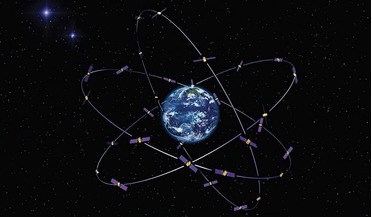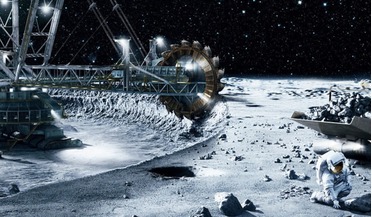 September 2023
India signs up to the Artemis Accords
September 2023
India signs up to the Artemis Accords
... That the Artemis Accords is a product of one country, the USA, is its major drawback. To succeed in its ambition to be a global “common set of principles to govern the exploration and use of space” the Artemis Accords require a significant political...
 July 2019
Who owns outer space?
July 2019
Who owns outer space?
... of the National Space Council, Dr Scott Pace, emphatically stated: “It bears repeating: outer space is not a ‘global commons’, not the ‘common heritage of mankind’, not ‘res communis’, nor is it a public good. These concepts are not part of the...
 26 February 2018
The New Gold Rush: the Riches of Space Beckon!
26 February 2018
The New Gold Rush: the Riches of Space Beckon!
... the most exciting new advances in harnessing space as a global resource”. With reference to a common legal phrase, it also “explores how all people can share in the bounties of the global commons of outer space”. The book seeks to explain why the...
 May 2024
Could ICAO be a NewSpace regulator?
May 2024
Could ICAO be a NewSpace regulator?
... needs to be removed as a collective action of the spacefaring nations. It is clear that under the OST space is a ‘common heritage of mankind’ or ‘global commons’ and that every nation and every person has an equal right to travel and live in space...
 July 2014
Achilles’ heel
July 2014
Achilles’ heel
...as the Space Situational Awareness Programme, must be improved as it forms a central backbone to guaranteeing space as a global common and securing integrity in the international system. International collaboration Securing satellite systems requires...
 March 2016
Space Mining – the Reality of Tomorrow?
March 2016
Space Mining – the Reality of Tomorrow?
... mission and refinement costs ran to US$5 billion and even if some of the proceeds were to go into some sort of global commons development or ecological fund, just a single such mission would produce many billions of dollars in profits. This may...